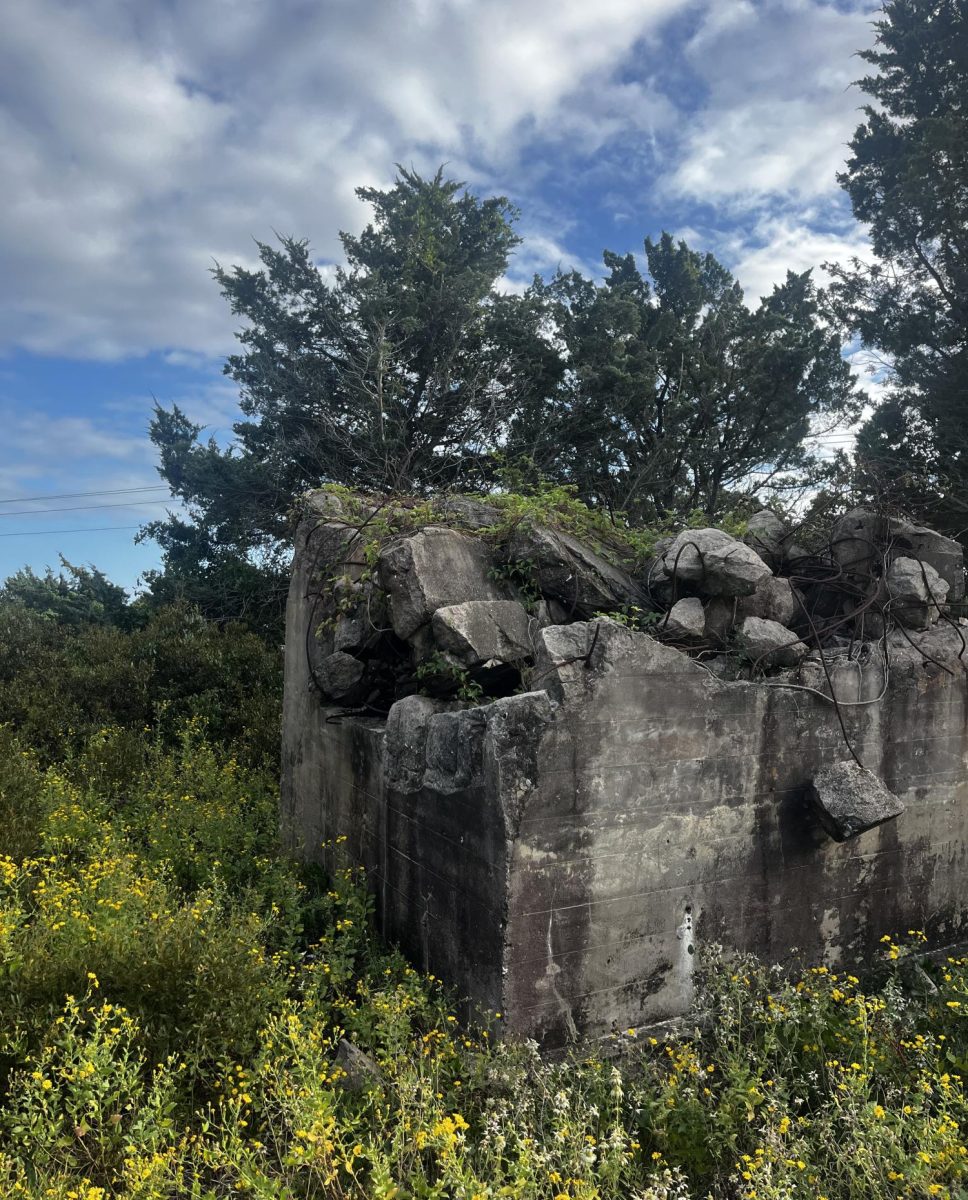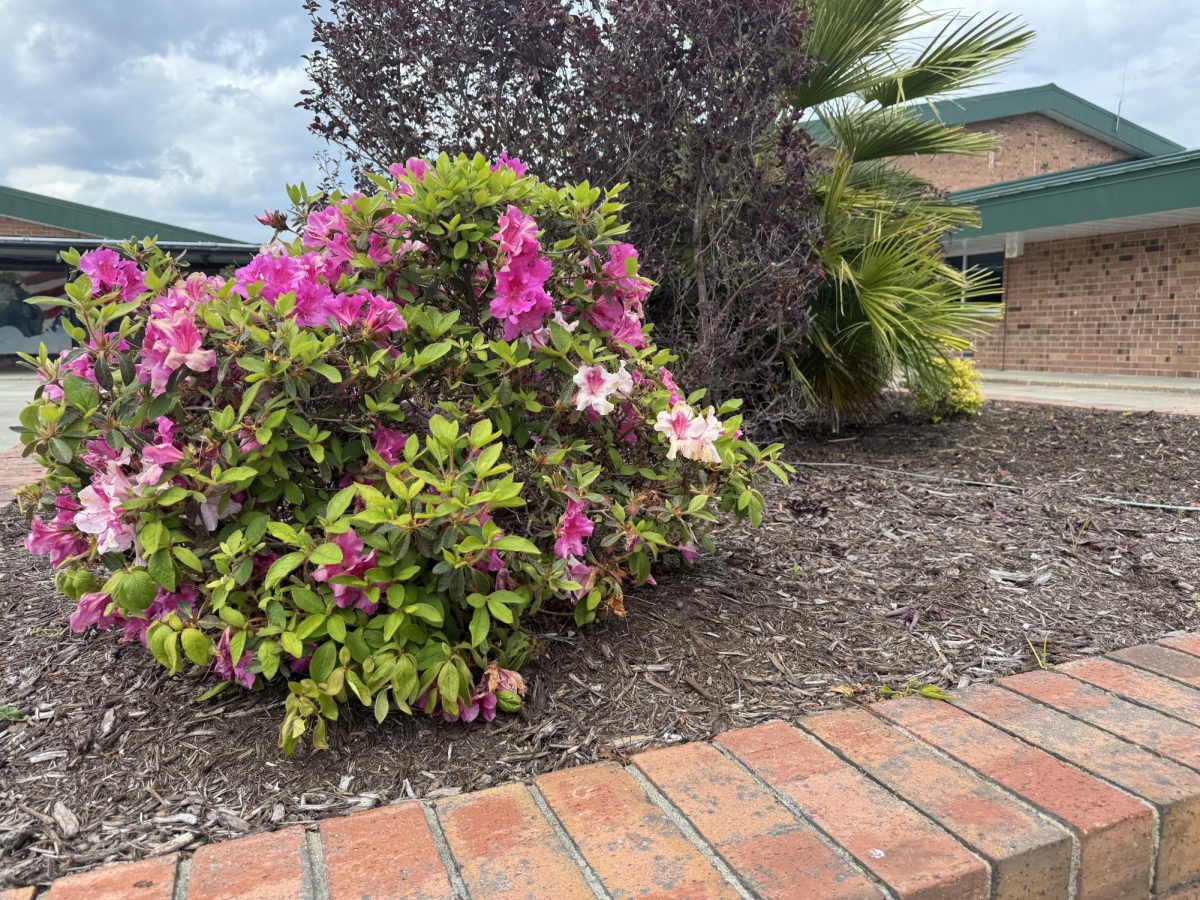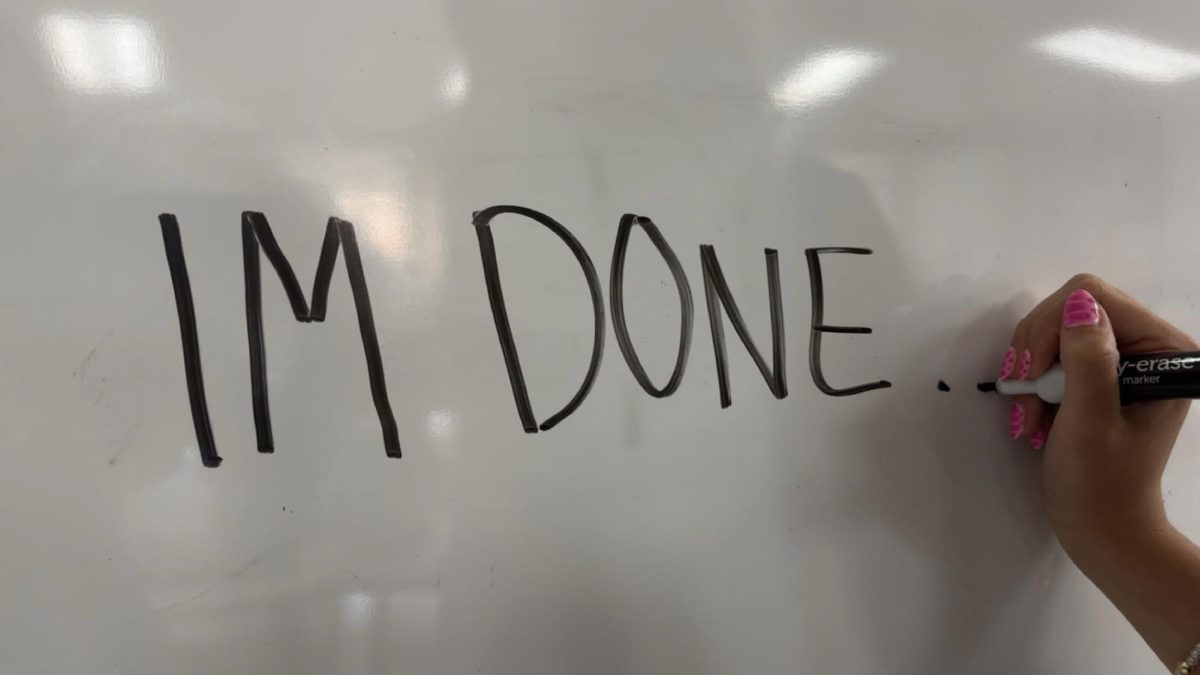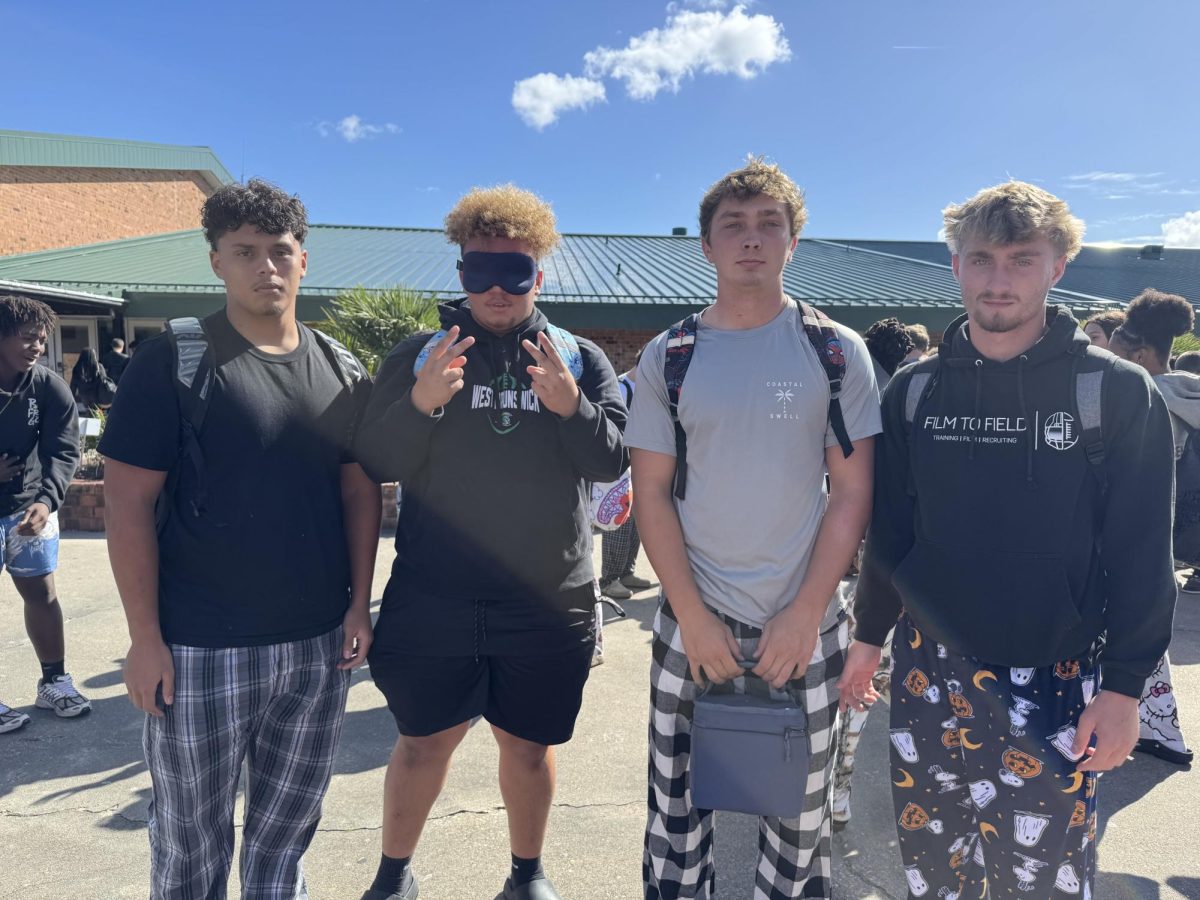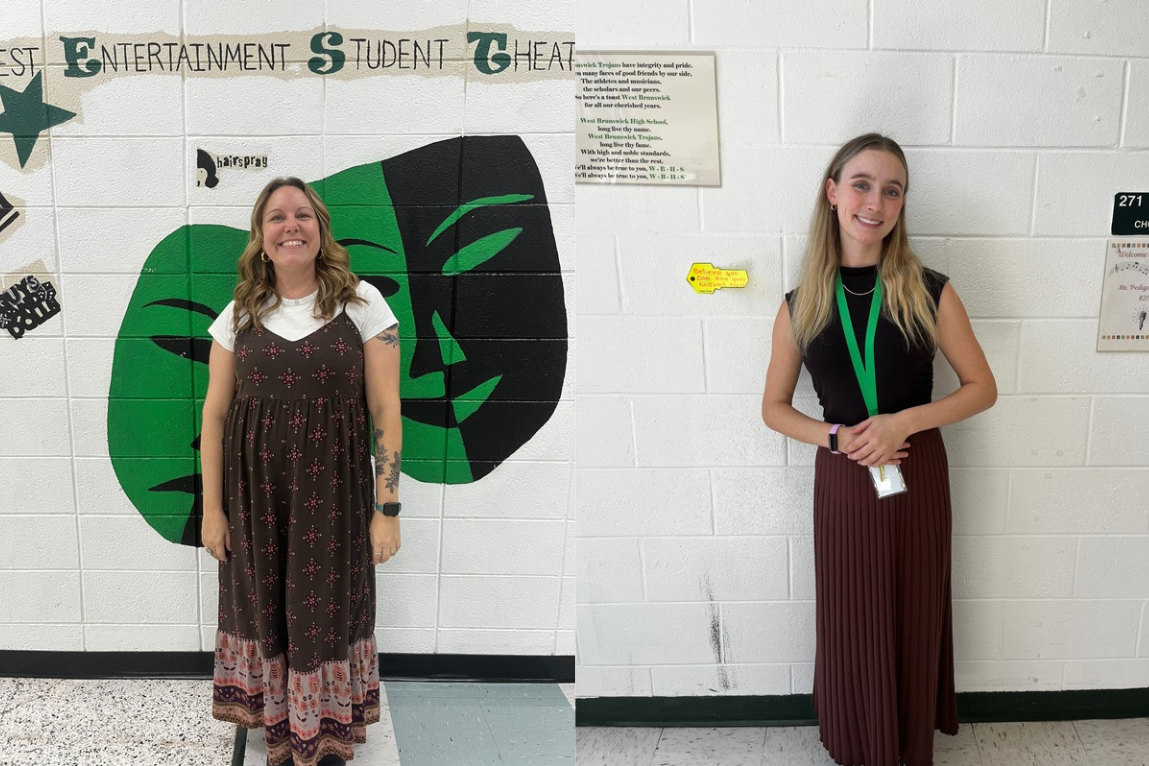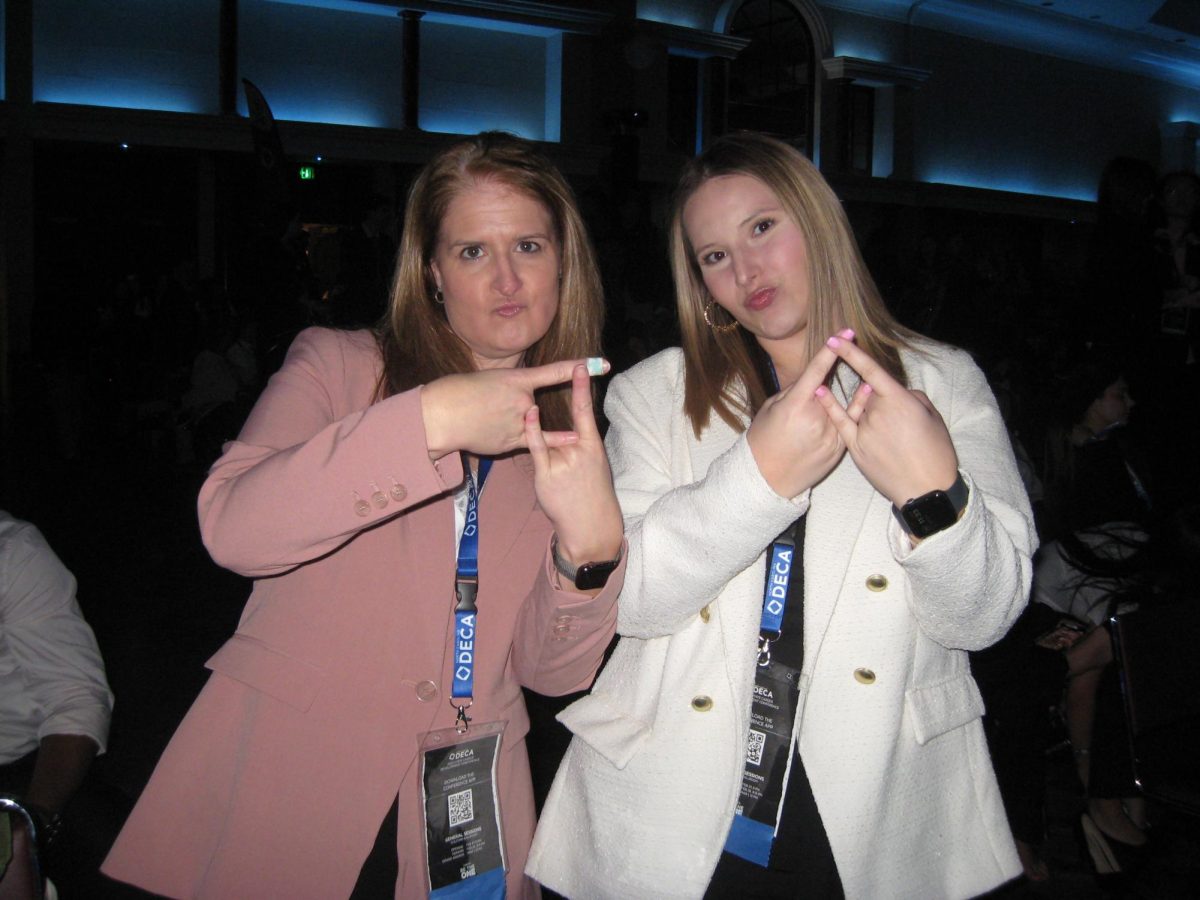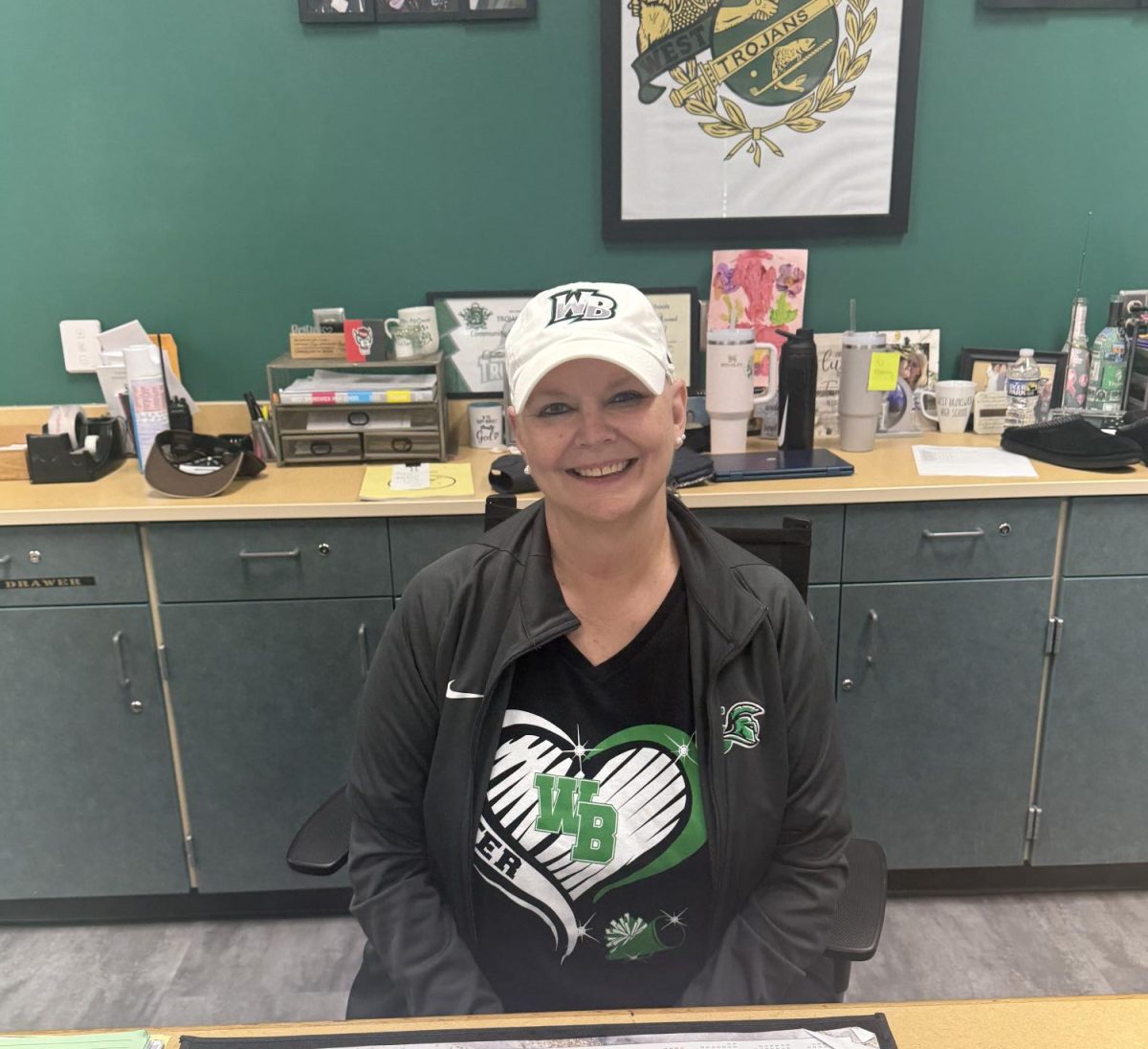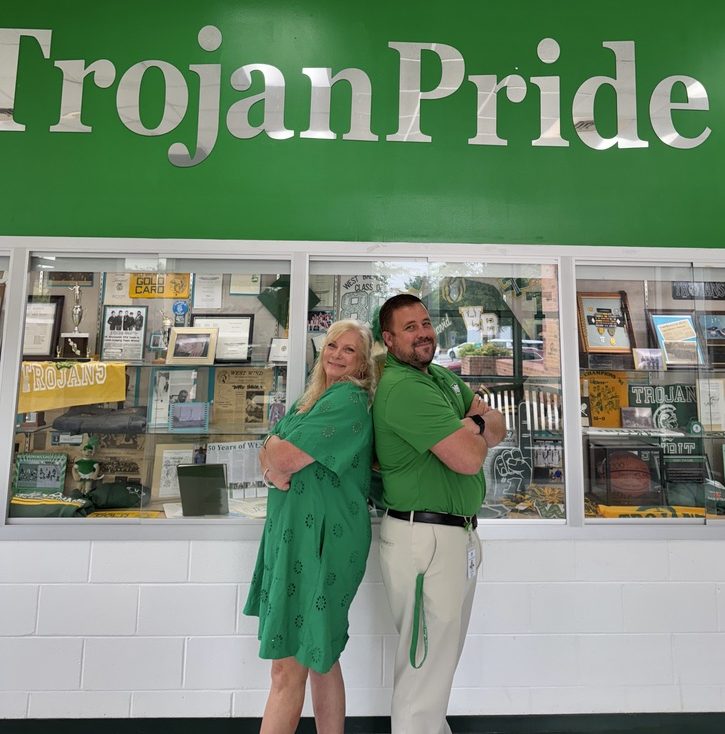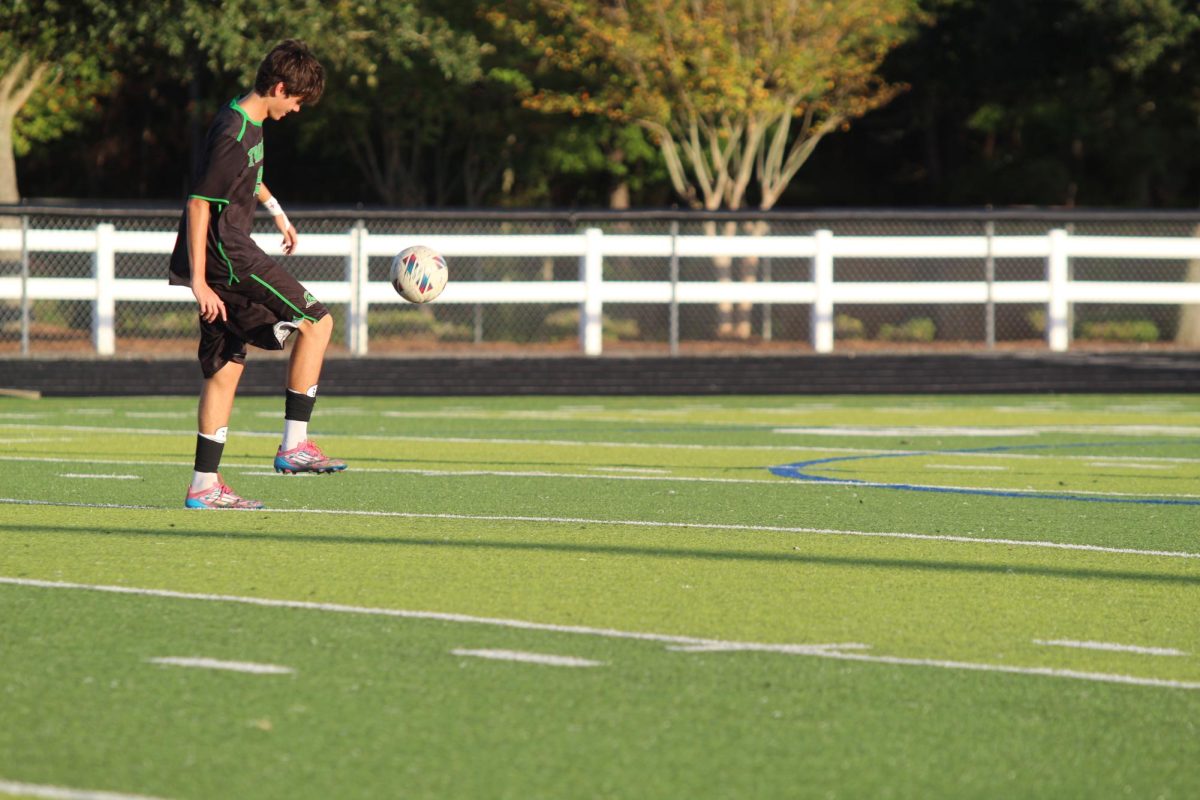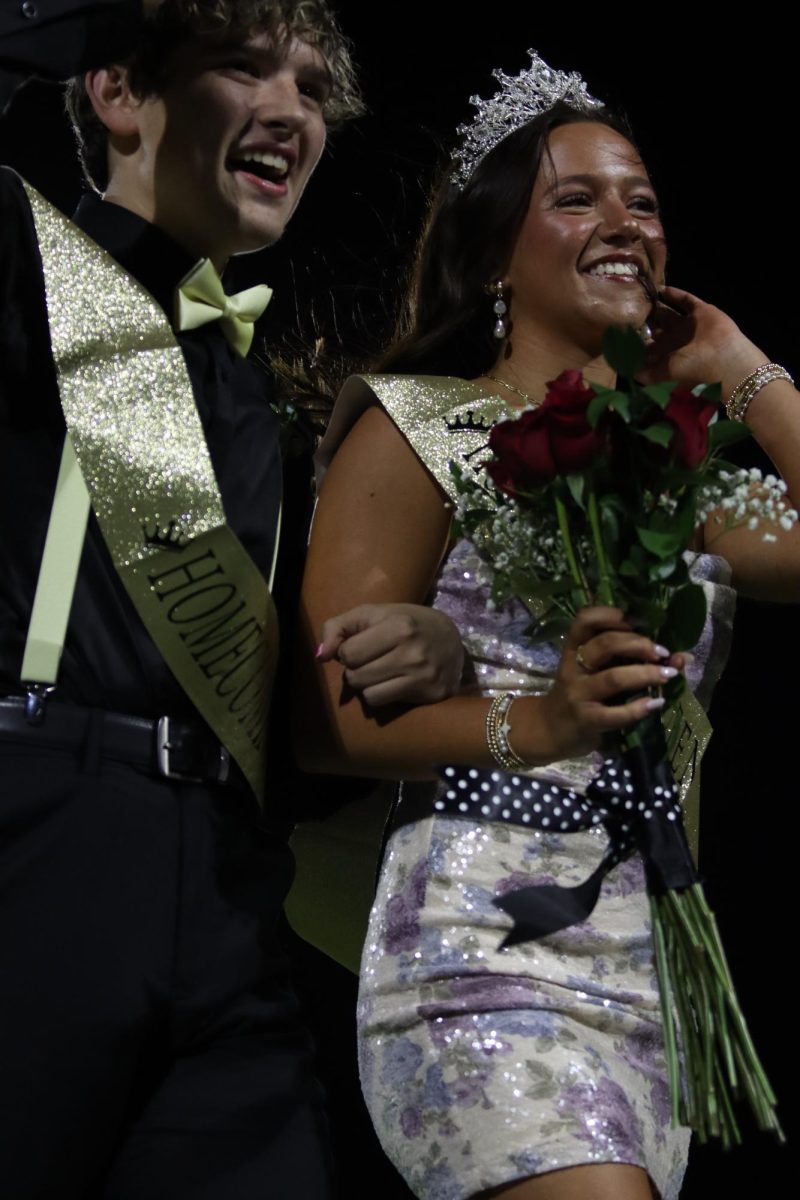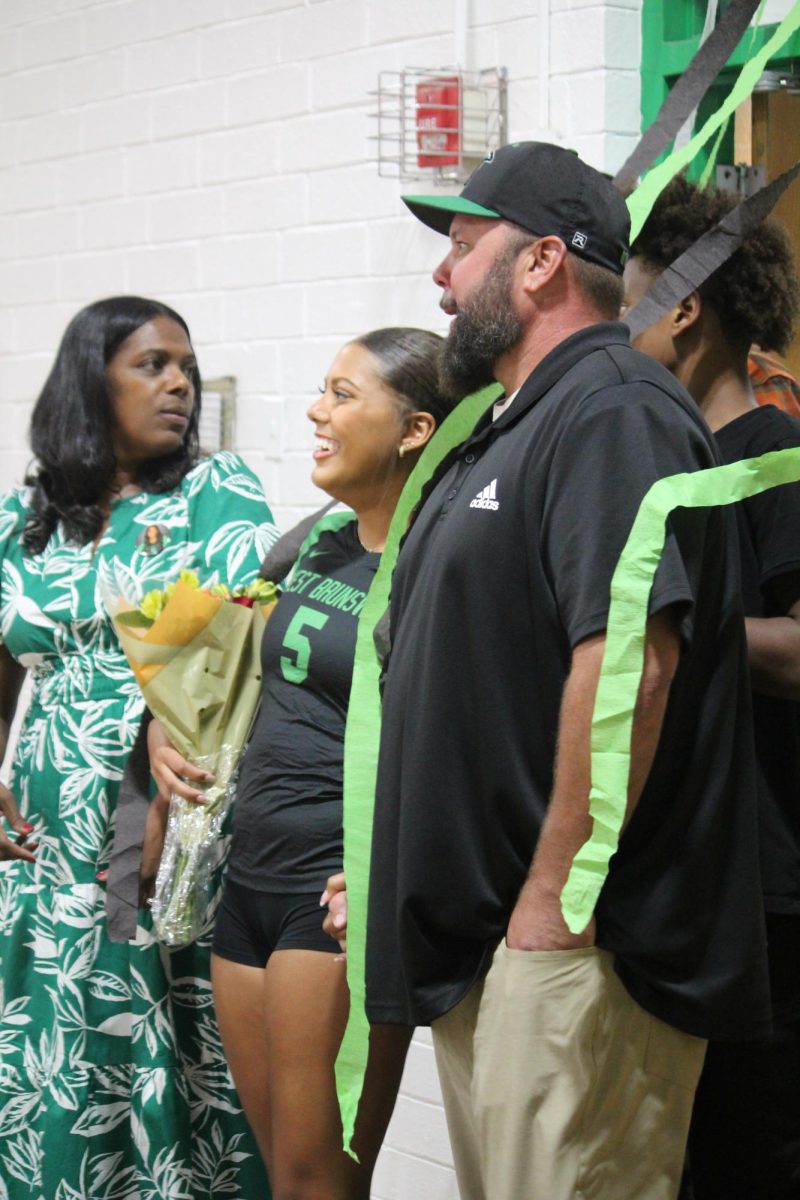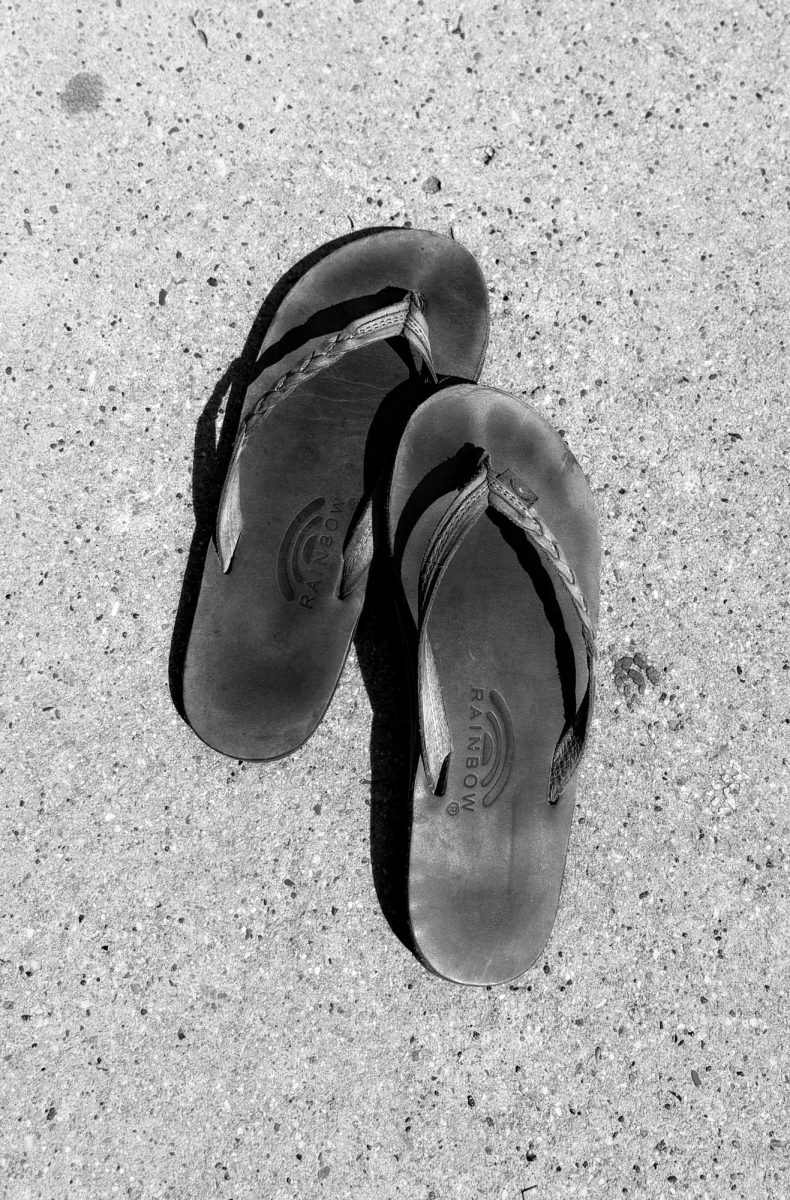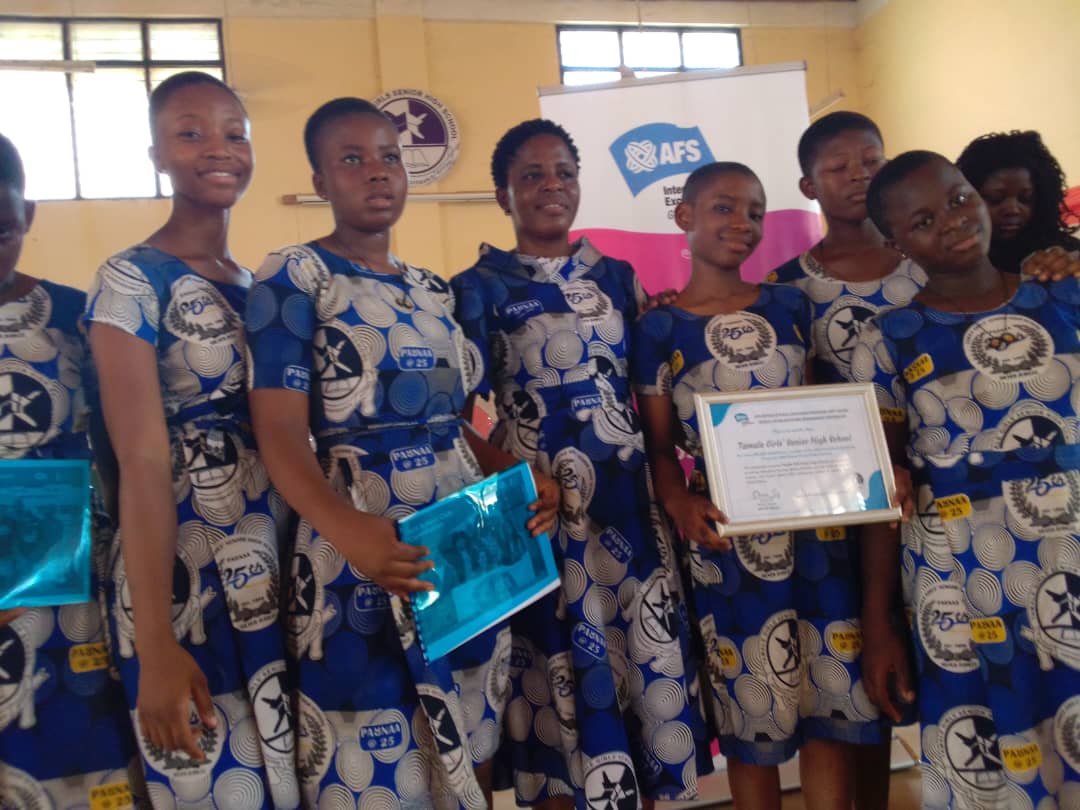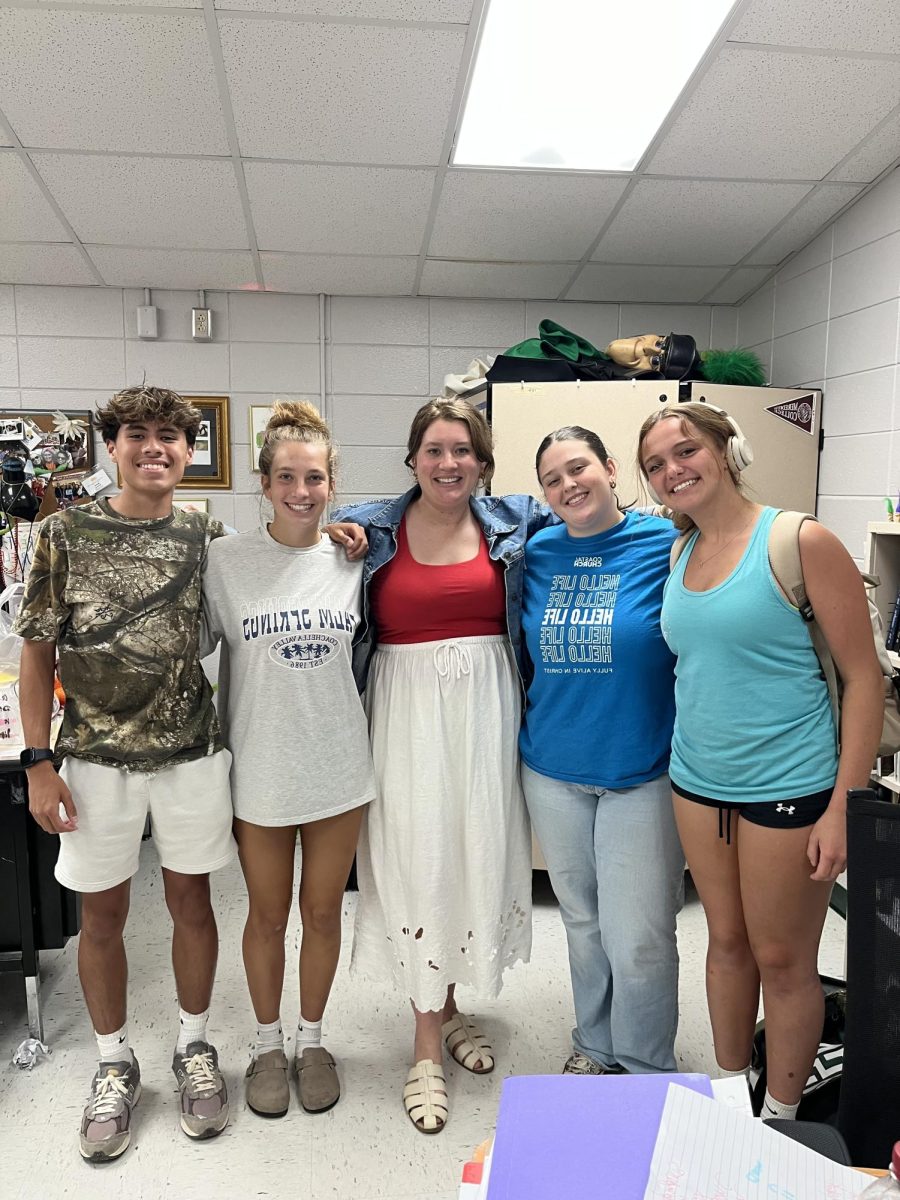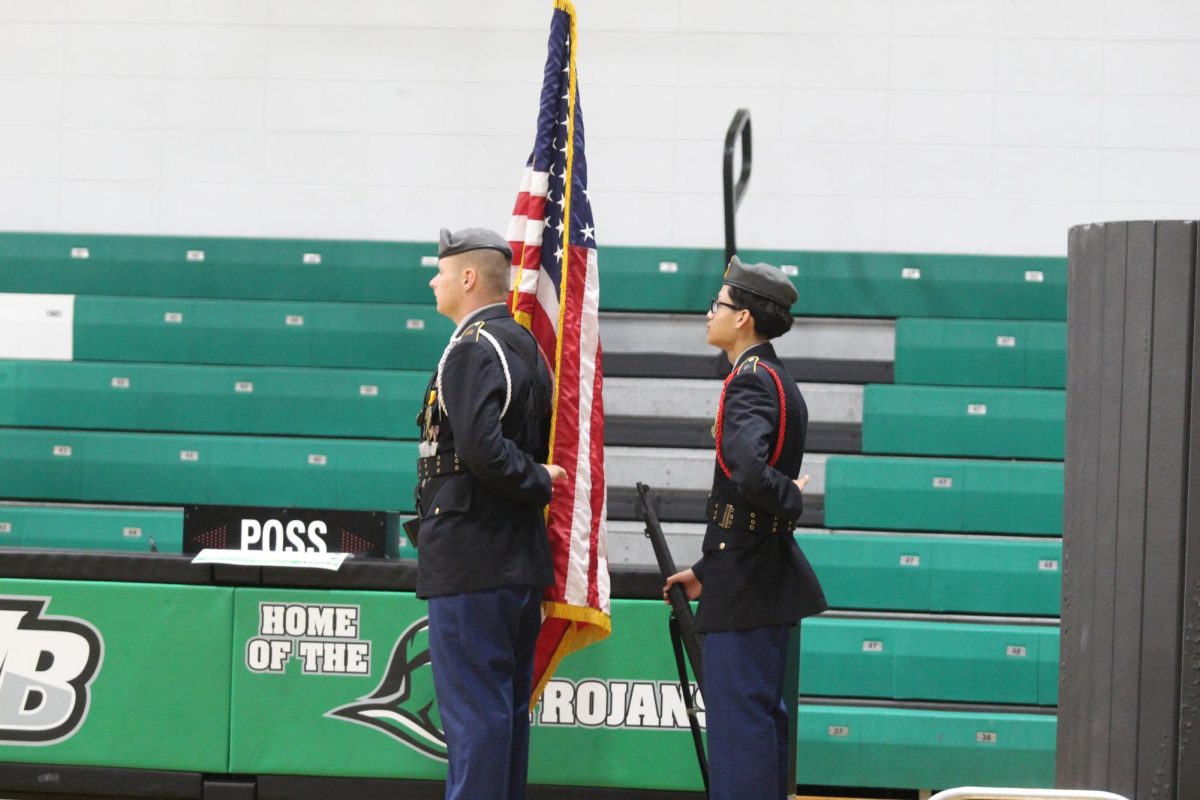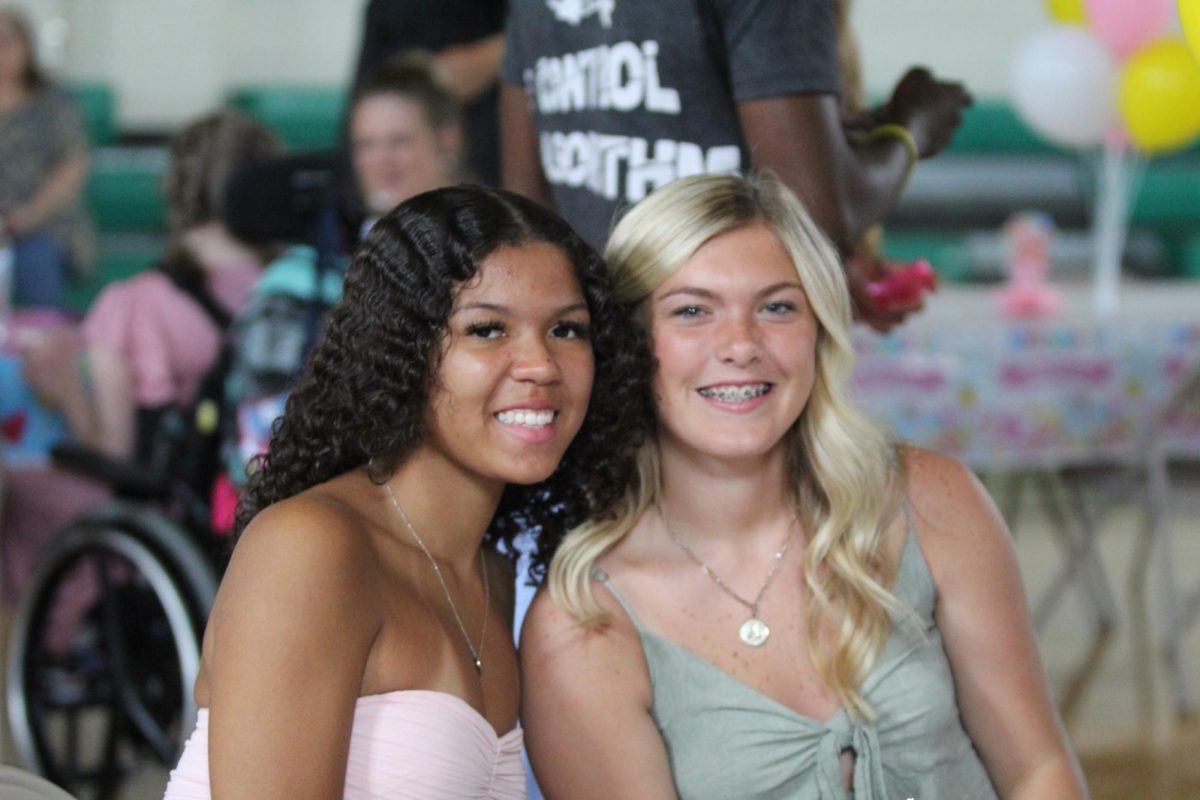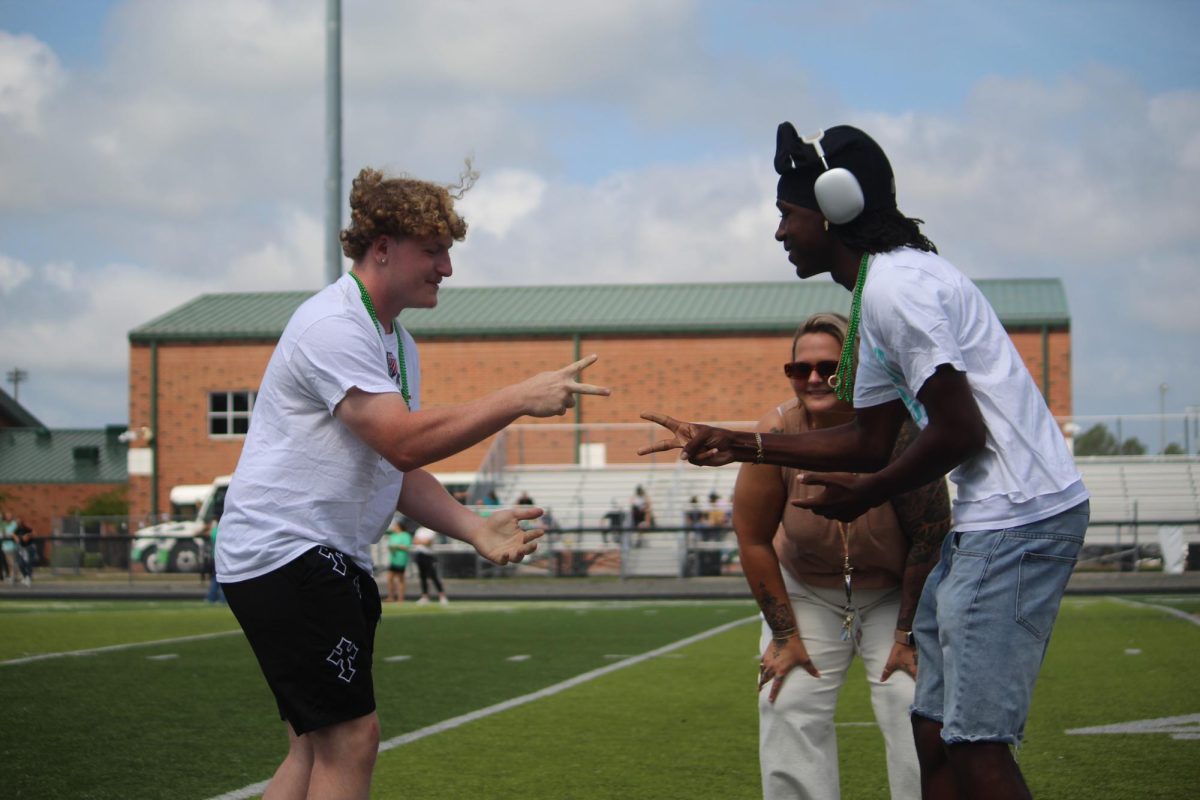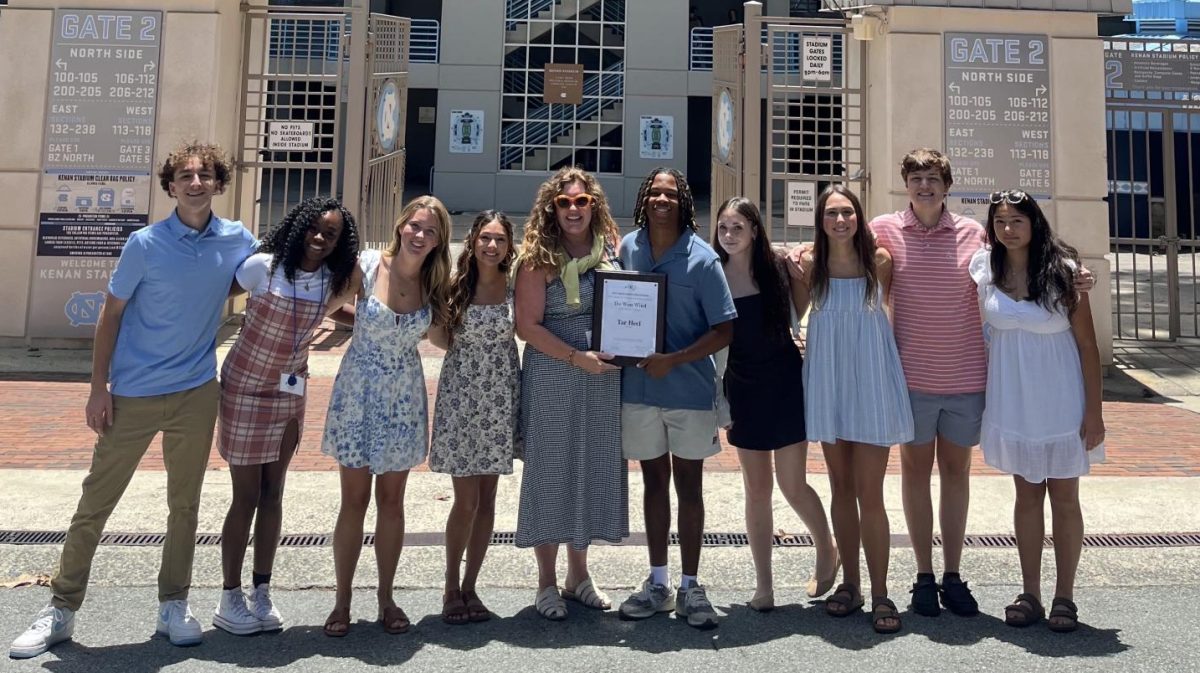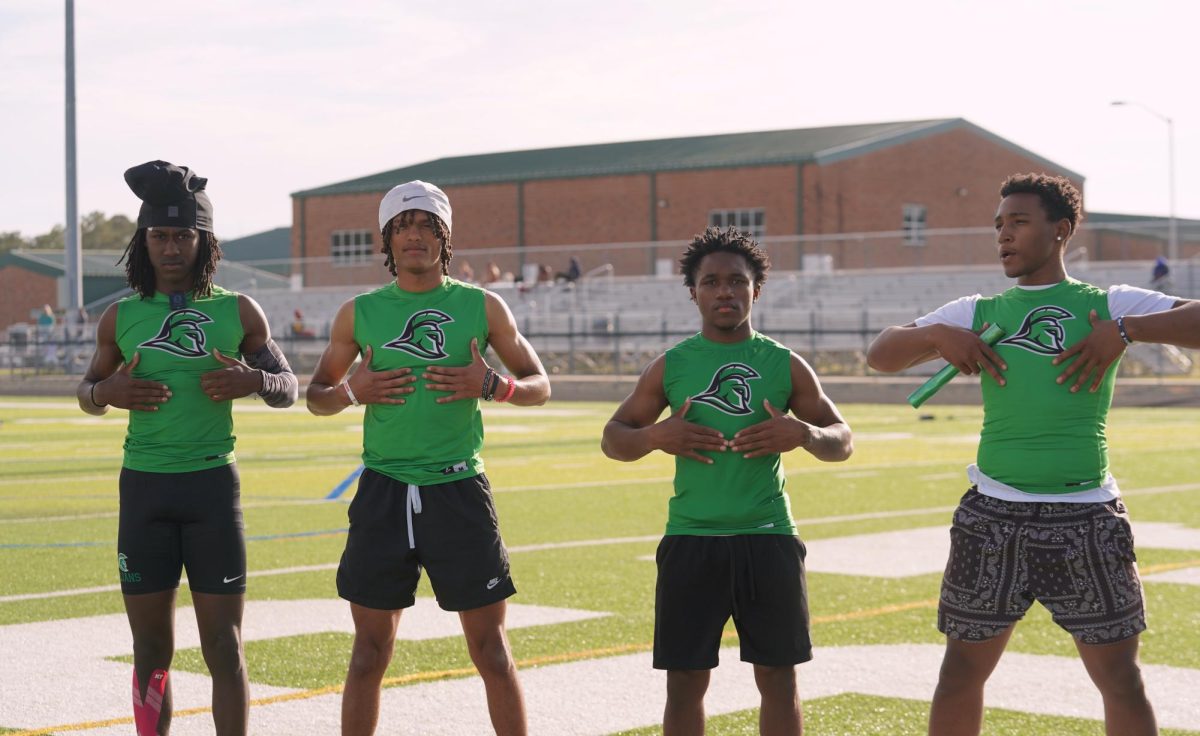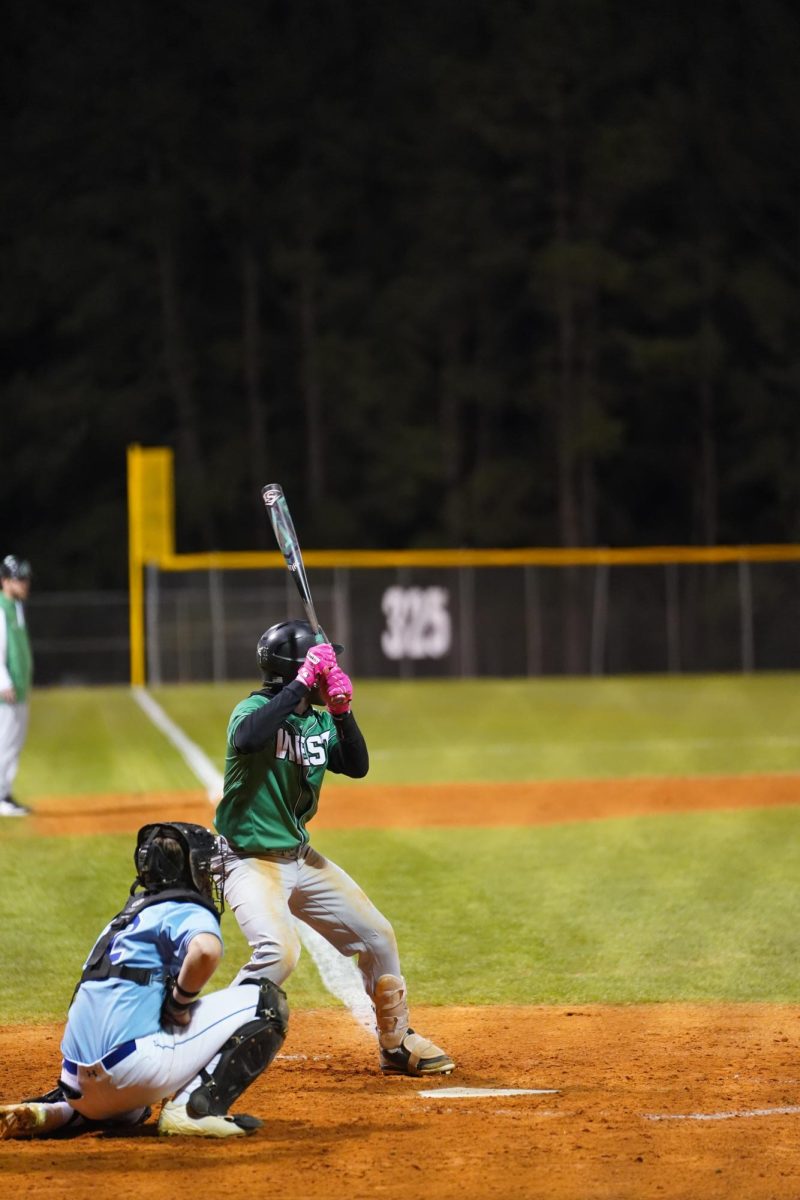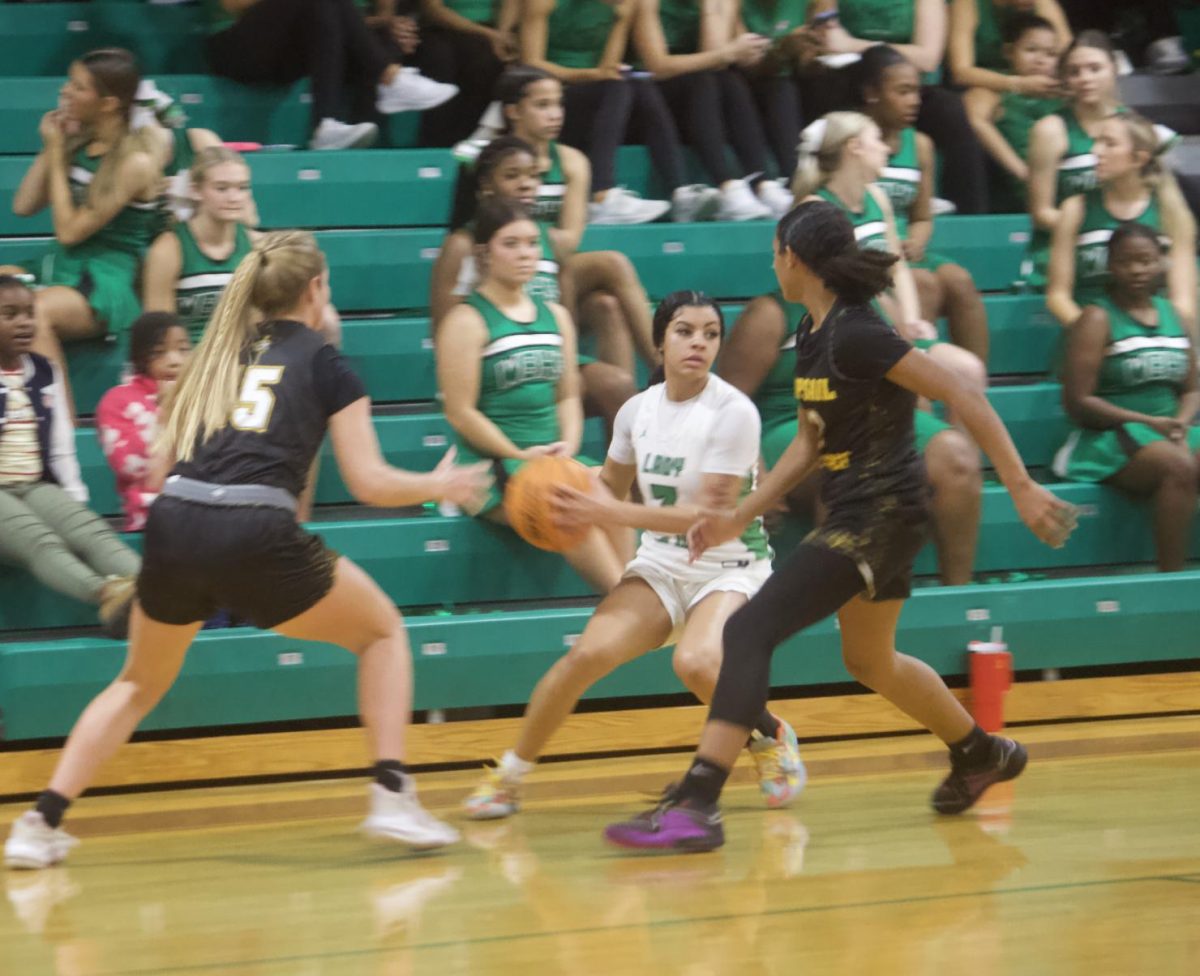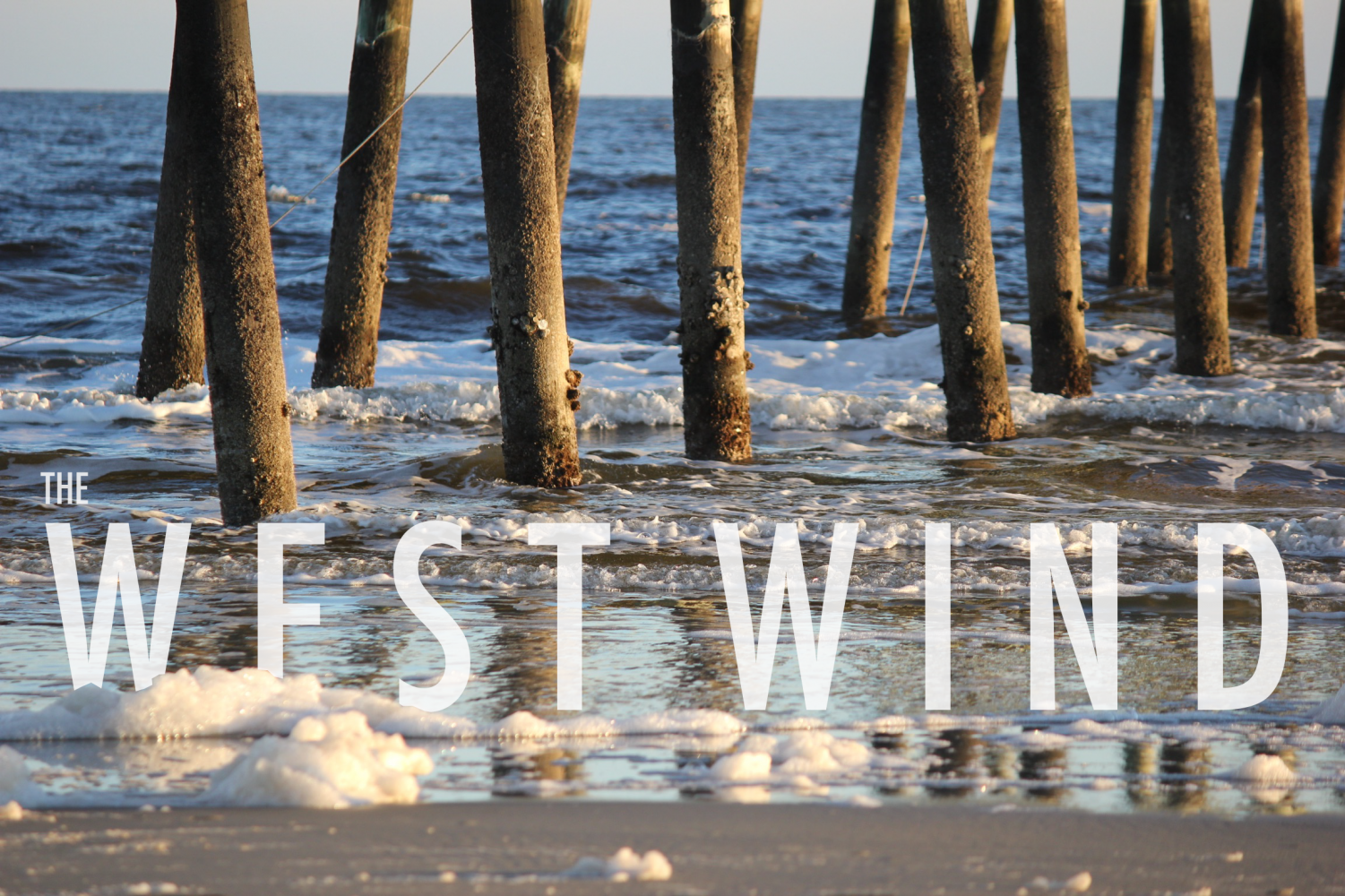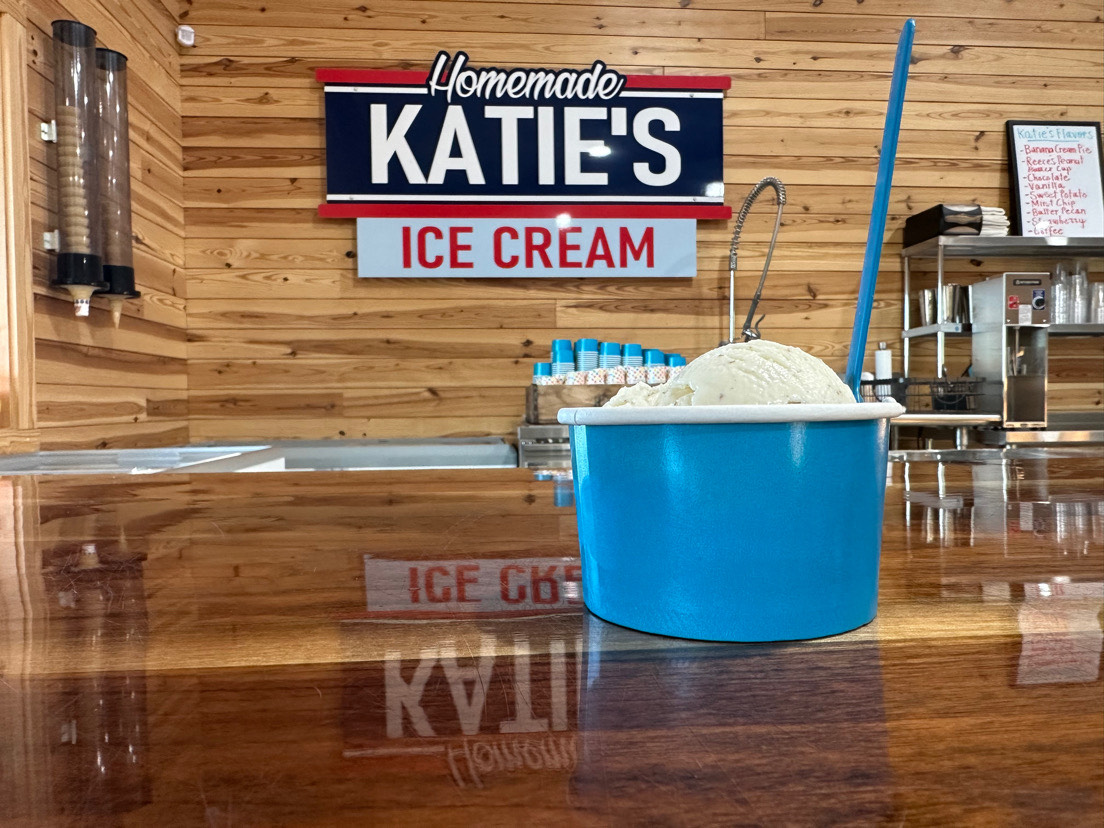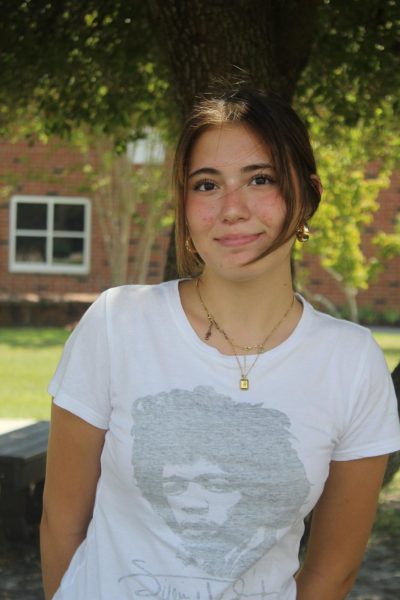
Red or Blue, Democrat or Republican: two big parties, two big decisions. Today’s youths’ whole lives have been influenced by and pushed back and forth between two directions, separating them and creating factions based on political beliefs. As some seniors become eligible to vote in this election, it’s time to act on their beliefs and opinions: are they all ready to take action, or are some choosing to stay dormant and pass on their opportunity to vote?
“Voting is a way to express your opinion on what’s going on in the world,” said AP Government teacher and former employee of the Senate, Lisa Chinn. “To try to help make change happen or keep things the same.”
It is never too young to form and express your own opinions in the voting booth, especially in national elections. Teenagers spearhead information campaigns, work for campaigns, and get involved in working the polls before they are eligible to vote. However, turning eighteen before election day brings with it the ability to vote. Despite the power of casting a vote and the civic duty associated with it, many teens fail to realize the importance of voicing their choices and opinions on more than their socials.
Many young people can agree on the importance of voting in general elections for the presidency, but many local elections can affect you directly in your town or state. Many local politicians have more of an effect on you directly than presidential ones.
It may be harder or not a part of your daily life to read and watch the news or research information in the heat of being a teenager. However, today’s political climate has little space for this lack of awareness, regardless of age.
“I think the younger generations’ opinion is what matters most,” said senior Kaylie Vernon. “This is a present thing that we have to live in and we are the ones who have to face the consequences for years to come.”
According to the Center for Information and Research on Civic Learning and Engagement, an estimated 50% of young people voted in the 2020 presidential election which was far more than the percentage that voted in the 2016 election. Policies and laws that our representatives will be making for this country will continue to affect young people and their children for decades.
Every single vote counts in elections, which means that you could be the deciding factor in how the country runs and who is in power. According to the Conservation Law Foundation, George W. Bush won the state of Florida by only 537 votes, which emphasizes how much your vote matters especially in such close elections. Many people who are passionate about certain policies end up not showing up to the polls because they think that passing on their vote won’t end up affecting the issues/policies being acted on. The Conservation Law Foundation states, “More than 8 million environmentalists did not vote in the 2020 presidential election, according to the Environmental Voter Project.”
“As a citizen, it is your role to vote in a democracy,” said senior Brayden Griffith. ”For me, voting is not just going out and putting my name and someone else’s name in a ballot: it’s protecting the freedoms and values of the people of this country.”


